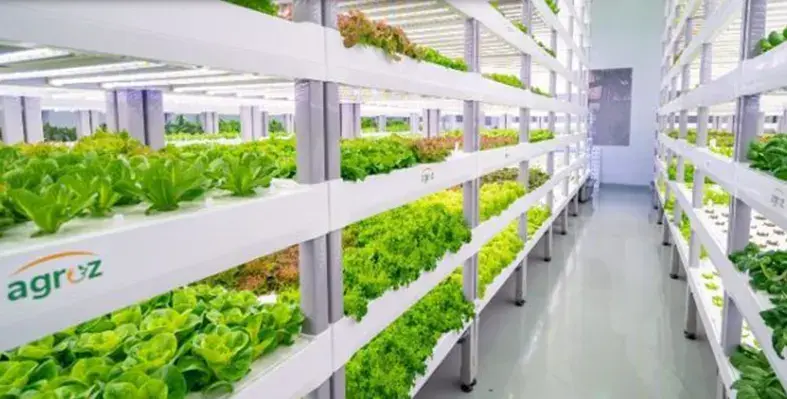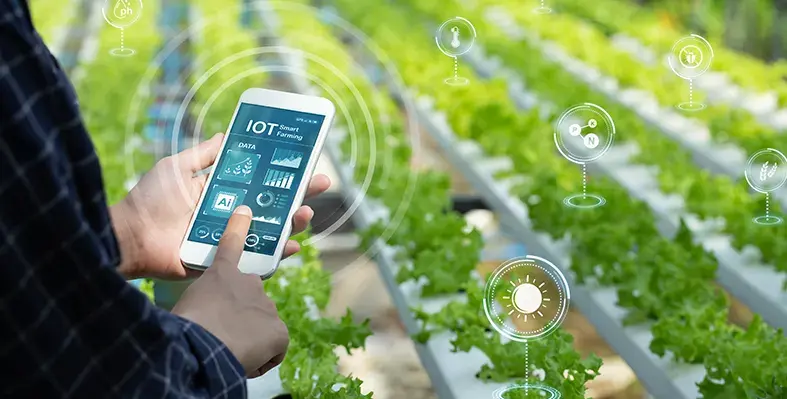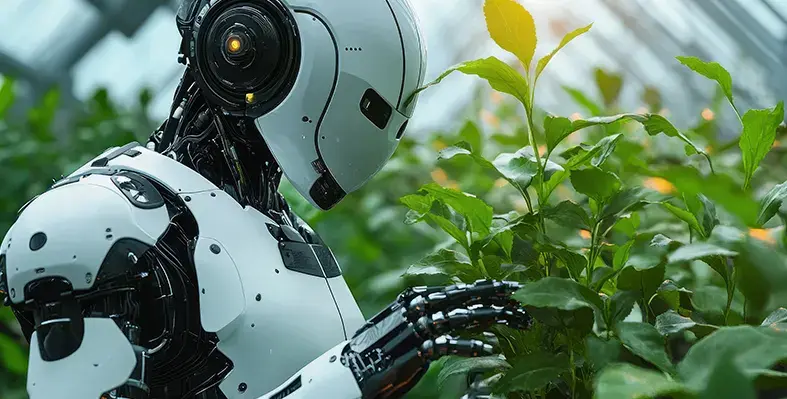The Ministry of Agriculture, Food and Rural Affairs (MAFRA) has designated seven provinces Gyeonggi-do, Gangwon-do, Chungcheongnam-do, Gyeongsangbuk-do, Gyeongsangnam-do, Jeollabuk-do, and Jeollanam-do as the first-ever “Green Bio Industry Promotion Zones” in accordance with Article 15 of the Act on the Promotion of the Green Bio Industry.
This milestone marks a significant step in the Republic of Korea’s strategy to strengthen its green bioeconomy and drive sustainable industrial growth.
Introduced for the first time this year, the Green Bio Industry Promotion Zone system is designed to establish a comprehensive, region-led framework for business support. The initiative is built around provincial hubs where green bio companies, universities, research institutes, and essential infrastructure for technology verification and certification are closely integrated. Through this clustered approach, local governments are expected to play a leading role in nurturing innovation, accelerating technology transfer, and supporting market-ready solutions.
The selected zones were evaluated and designated following a rigorous assessment process. Key criteria included industrial growth potential, implementation capacity, policy relevance, and overall feasibility. This ensures that each province is well positioned to contribute effectively to the national green bio strategy while leveraging its own regional strengths and resources.
The green-bio industry itself is regarded as a next-generation growth engine, encompassing six major sectors: microorganisms, natural products, food materials, insects, seeds, and veterinary medical products. With the designation of the Green Bio Industry Development Zones, collaboration networks among provinces are expected to deepen. In parallel, processes for verification, evaluation, certification, and commercialisation of green bio technologies and products are set to accelerate, helping to create a dynamic and competitive innovation ecosystem.
MAFRA plans to support the designated provinces by granting eligibility to participate in government-funded infrastructure development projects, including the Green Bio Venture Campus and advanced biofoundries. In addition, policy incentives will be provided to companies operating within the zones, further encouraging private-sector participation and investment in sustainable bio-based industries.
To ensure accountability and continuous improvement, MAFRA will receive quarterly performance reports from the local governments managing the designated zones. Annual performance evaluations will also be conducted to closely monitor implementation progress. Importantly, the results of these evaluations will be reflected in the formulation of policies for the following year, reinforcing a results-driven and adaptive governance approach.
Through these measures, the ROK aims to position itself at the forefront of green bio innovation, fostering regional development while advancing a resilient, sustainable bioeconomy aligned with global green growth trends.








